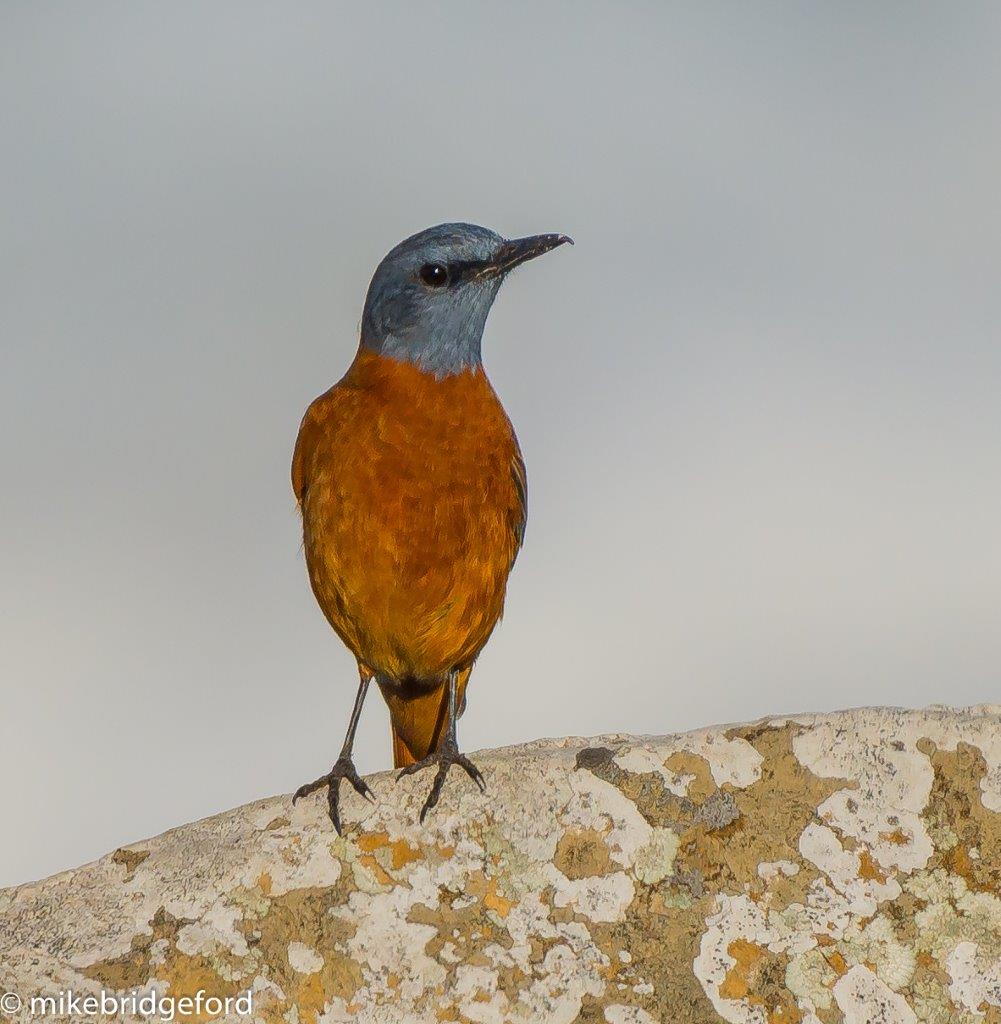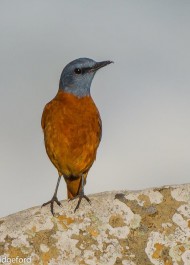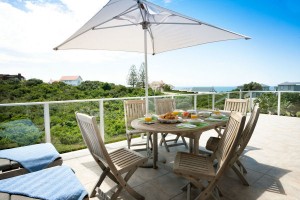
 BirdLife International is the world’s largest nature conservation partnership with more than 3 million members and supporters. Worldwide Birdlife Partners include one in each country. BirdLife South Africa is South Africa’s partner, and BirdLife Plettenberg Bay is one of many local clubs in the South African chapter.
BirdLife International is the world’s largest nature conservation partnership with more than 3 million members and supporters. Worldwide Birdlife Partners include one in each country. BirdLife South Africa is South Africa’s partner, and BirdLife Plettenberg Bay is one of many local clubs in the South African chapter.
BirdLife Partners work together in a collaborative, coordinated fashion across national boundaries to build a global Partnership of national conservation organisations.
Plettenberg Bay has been recognised as an official IBA. The criteria for each location to be recognised as an IBA includes:
- Globally threatened species;
- Species with very small world ranges;
- Concentration of numbers; or
- Groups of species confined to particular habitat types.
BirdLife Plettenberg Bay in partnership with Nature’s Valley Trust and Cape Nature, has conducted scientific research over the last four years, gathering data on the bird species within the region. The data provided by these scientific based projects have provided enough data to meet the various criteria for Plettenberg bay and surrounds to be included in an IBA.
Highlights of Plett Birdlife:
- Plett has the largest land-based breeding colony of Kelp Gulls in South Africa
Plett has one of the largest colonies of Cape Cormorants [a Red-data Endangered species]; now nesting on Robberg Nature Reserve - Within the local gull colony Plett has breeding Caspian Tern [a Red-data Vulnerable species];
- Plett has the largest populations of African Black Oyster Catchers – [previously a Red-data Critically Endangered Species]
- Plett has breeding Blue Cranes in the Bitou wetlands [South African national bird, and a Red-data / near-threatened species]
- Plett has near-endemic and endemic birds to South Africa: Jackal Buzzard; Forest Canary; Cloud Cisticola; Fiscal Flycatcher; Cape Grassbird; Karoo Prinia; Chorister Robin-chat; Cape Siskin; Cape Spurfowl; Cape Sugarbird; Greater double-collared Sunbird; Orange-breasted Sunbird; Southern double-collared Sunbird; Southern Tchagra; Cape Rock Thrush; Karoo Thrush; Knysna Turaco; Knysna Warbler; Victorin’s Warbler; Swee Waxbill; Cape Weaver; Cape White-eye; Knysna Woodpecker
- Plett’s unique Coastal forests and Fynbos habitat provide ideal habitat for most of these Endemic bird species












